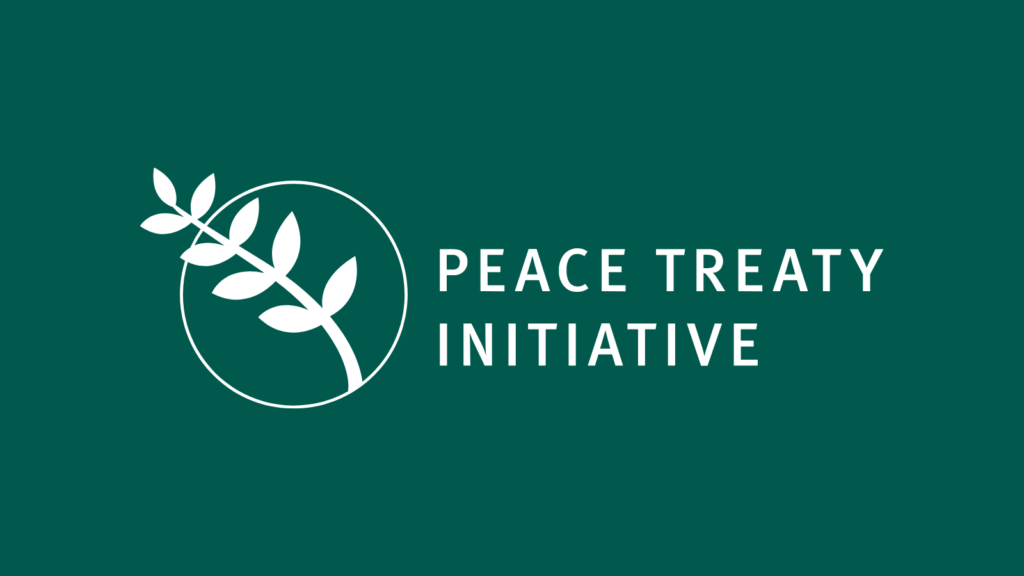Publication
/ Inclusive Narratives
Changing the Narrative: The Role of Communications in Transitional Justice
This IFIT publication argues that communications and narrative must occupy a much more central part of the vision of transitional justice.
For too long, war crimes tribunals and truth commissions have tried to tell too much of the storyline of mass abuse on their own, disconnected from a larger national conversation and societal narrative that seek to re-imagine a different future in the aftermath of conflict or authoritarian rule. Some of the most powerful voices shaping such narratives – media, public intellectuals and artists – have been treated as just one more type of stakeholder, rather than as distinctive protagonists in creating the possibility of transformative results.
The publication asserts that transitional justice bodies should abandon the ‘our work speaks for itself’ philosophy that has predominated during the last 20 years. Instead, they should proactively insert themselves in the contest of creating discourse, by building productive relations with influential news and social media, and by organising and galvanising constituencies with a deep stake in the process of forging a new national narrative.
The DOI registration ID for this publication is: https://doi.org/10.5281/zenodo.10474409
You may also be interested in
![IFIT Peace Treaty Initiative]()
Public Commentary
/ 11 November 2020
Building the International Law of Peace
By Mark Freeman / IFIT Executive Director
![]()
publication /
Inclusive Narratives
Narrative Dynamics in Polarised Contexts: A Case Study of the 2021 National Protests in Colombia
![]()
publication /
Inclusive Narratives
Key External Resources on Narrative Peacebuilding
![]()
publication /
Inclusive Narratives
Narrative, Power and Polarisation: The Role of Influential Actors
Available in:
-
Español
![]()
publication /
Inclusive Narratives
Media and Narrative: Managing Conflict in Polarised Societies
Available in:
-
Español
This IFIT publication argues that communications and narrative must occupy a much more central part of the vision of transitional justice.
For too long, war crimes tribunals and truth commissions have tried to tell too much of the storyline of mass abuse on their own, disconnected from a larger national conversation and societal narrative that seek to re-imagine a different future in the aftermath of conflict or authoritarian rule. Some of the most powerful voices shaping such narratives – media, public intellectuals and artists – have been treated as just one more type of stakeholder, rather than as distinctive protagonists in creating the possibility of transformative results.
The publication asserts that transitional justice bodies should abandon the ‘our work speaks for itself’ philosophy that has predominated during the last 20 years. Instead, they should proactively insert themselves in the contest of creating discourse, by building productive relations with influential news and social media, and by organising and galvanising constituencies with a deep stake in the process of forging a new national narrative.
The DOI registration ID for this publication is: https://doi.org/10.5281/zenodo.10474409
You may also be interested in

Public Commentary / 11 November 2020
Building the International Law of Peace

publication / Inclusive Narratives
Narrative Dynamics in Polarised Contexts: A Case Study of the 2021 National Protests in Colombia

publication / Inclusive Narratives
Key External Resources on Narrative Peacebuilding

publication / Inclusive Narratives
Narrative, Power and Polarisation: The Role of Influential Actors
- Español

publication / Inclusive Narratives
Media and Narrative: Managing Conflict in Polarised Societies
- Español


